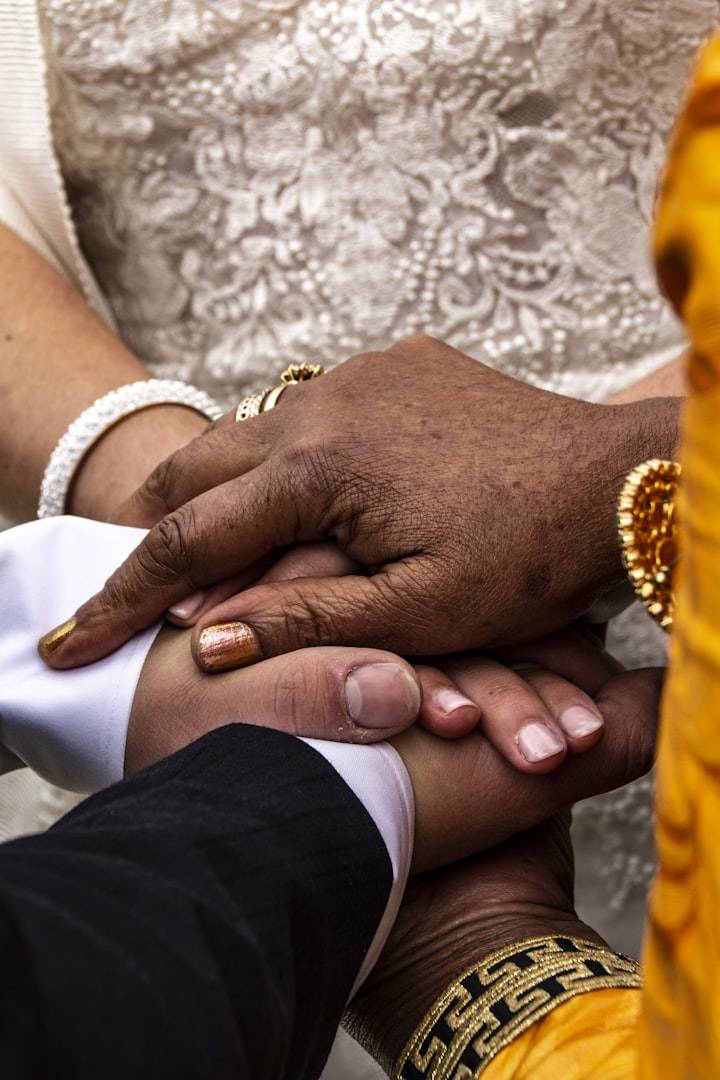In the intricate tapestry of human relationships, few decisions carry as much weight and significance as the choice of a life partner. For generations, societal norms and cultural traditions have played a pivotal role in shaping the way individuals approach marriage, particularly in communities where arranged marriage is the norm. However, as attitudes towards relationships continue to evolve and societal expectations undergo a transformation, more and more individuals are challenging the idea of arranged marriage and opting for love-based unions instead.
"I want to meet someone and get to know him, fall in love, and marry him. I hate that my parents think arranged marriage is the only way," expresses the sentiment of many individuals who find themselves at odds with the expectations placed upon them by their families and communities. This sentiment reflects a growing desire for autonomy and agency in matters of the heart, as individuals seek to forge their own paths and make choices that resonate with their own values, desires, and aspirations.
Arranged marriage, a practice deeply ingrained in various cultures and societies around the world, involves the selection of a life partner by parents or other family members, often based on factors such as social status, financial stability, and compatibility of families. While this approach may have worked for previous generations, many individuals today long for the freedom to choose their own partners based on mutual love, respect, and shared values.
The desire for autonomy in romantic relationships is not a new phenomenon. Throughout history, individuals have sought to assert their independence and autonomy in matters of love, often in defiance of societal norms and familial expectations. Today, with greater access to education, independence, and opportunities for personal growth, individuals are increasingly empowered to pursue relationships that align with their own desires and aspirations.
However, breaking free from the constraints of arranged marriage is not without its challenges. Family pressure, cultural stigma, and fear of rejection often loom large, leaving many individuals feeling torn between their own desires and the expectations of their families and communities. Yet, for those who dare to defy convention and follow their hearts, the rewards can be immeasurable.
However, despite these obstacles, the pursuit of love and personal fulfilment is a journey worth undertaking. By staying true to their hearts and convictions, individuals can overcome the challenges they face and build relationships that are built on mutual respect, understanding, and genuine affection. Through perseverance and resilience, they can create a life that is authentic, meaningful, and fulfilling.
Choosing love over arranged marriage is not simply a matter of rebellion; it is a declaration of autonomy, agency, and self-determination. It is a testament to the power of love to transcend barriers, defy expectations, and forge connections that are truly meaningful and fulfilling. It is a celebration of individuality, diversity, and the universal human desire for companionship, connection, and belonging.
For those who find themselves at odds with the idea of arranged marriage, it is important to remember that love knows no bounds and that the pursuit of happiness is a fundamental human right. By embracing love in all its forms and resisting the pressures of tradition and conformity, individuals can chart their own paths to fulfilment and create relationships that are built on mutual respect, understanding, and genuine affection.
It is important to recognize that the choice between arranged marriage and love-based unions is a deeply personal one, influenced by a multitude of factors including culture, religion, upbringing, and individual values. While some individuals may find fulfilment and happiness in arranged marriages, others may thrive in love-based unions. It is essential to embrace the diversity of human experiences and respect the choices and autonomy of individuals in matters of love and marriage.
Ultimately, the decision to pursue love over arranged marriage is a reflection of individual autonomy, agency, and self-determination. By choosing partners based on mutual love, respect, and shared values, individuals can create relationships that are meaningful, fulfilling, and authentic. In doing so, they embrace the power of love to transform lives and defy societal expectations, forging their own paths to happiness and fulfilment.
In conclusion, while arranged marriage may continue to hold sway in certain cultures and communities, the desire for autonomy, agency, and personal fulfilment is a universal human longing. By challenging outdated norms and embracing the power of love to transform lives, individuals can break free from the constraints of tradition and create relationships that are truly their own. After all, love is not something to be arranged; it is something to be discovered, cherished, and celebrated in all its glorious unpredictability.



No comments yet
Be the first to share your thoughts!